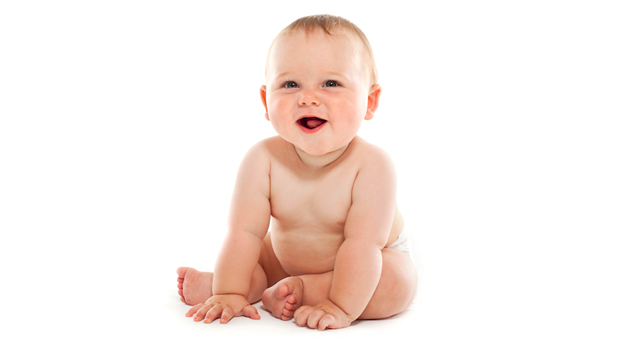Some experts question whether hormonally stimulating the ovaries — which makes them produce extra eggs — and removing those eggs from a healthy, young woman could later increase her chance of infertility, but others contend there are no serious long-term risks.
Tag: egg donation
Fertility Treatment Bans in Europe Draw Criticism
France and Italy forbid single women and lesbian couples from using artificial insemination and in vitro fertilization, or IVF, to conceive. Austria and Italy are among those banning all egg and sperm donations for IVF. Germany and Norway ban donating eggs, but not sperm.
Egg Donations: A Honolulu Womans Story
I am not anonymous. I know who I am: I am my Caucasian mother’s stories of how much she has loved mothering; I am my Chinese father’s love for music and good deals; I am all the injury, heartbreak and observed suffering I’ve absorbed into my body, if not my genes, for the past 32 years. I am an egg donor, and my role in the lives of the couples I donate to ends the moment my last ova hits the aspirator.
Sperm and Egg Donation ‘Should Be Like Giving Blood’
Lisa Jardine, chair of the Human Fertilisation and Embryology Authority (HFEA), said clinics should improve their “customer service” amid fears male donors are being made to feel neglected or unimportant.
Fertility Doctor Surprised by Opposition in Naperville
Dr. Randy Morris hopes to consolidate his office and fertility clinic on this lot at Washington Street and Benton Avenue in downtown Naperville…and provide services that include insemination, in vitro fertilization and unblocking fallopian tubes.
ASRM and SART Address Zoning Controversy Affecting Illinois IVF Clinic
Today, ASRM and SART sent the following letter to the Mayor of Naperville, IL over the delay by the Naperville City Council in allowing the opening of an IVF clinic.
Egg Donation Risks
Egg donation plays a key role in fertility treatment for patients who are not suitable candidates for IVF using their own eggs. There are many factors for egg donors to consider from both a physical and emotional standpoint before participating. Here are some facts that can help donors make an informed decision.
Is Donating Risky?
The overall risk of egg donation is low since the fertility techniques used are well established. Also, donors are usually young, healthy women with no history of serious medical problems. Donors are carefully screened for any conditions that could interfere with the procedure. However, there is still some risk of adverse reactions to the hormones used in this process.
In a typical ovulation cycle, several egg follicles begin to develop. One egg becomes dominant and matures so that it is ready for fertilization. The other follicles die off. An egg donor receives a series of hormone injections to stimulate multiple egg follicles to mature at one time. This means only the eggs that would normally be lost during a menstrual period are used in a follicle stimulation cycle for egg donation. This does not reduce the number of eggs available for future menstrual cycles.
The hormone injections used for follicle stimulation can have a wide range of side effects including:
- Bloating
- Mood Swings
- Nausea
- Headaches
- Hot flashes
A side effect that occurs more often in egg donors is called Ovarian Hyperstimulation Syndrome (OHSS). This causes swelling as fluid leaks out of the ovaries and collects in the abdomen. The condition can cause pain and bloating. In rare cases, individuals may need to be hospitalized for treatment.
Additional Egg Donation Risks to Consider
- If the donor’s body is non-responsive or responds abnormally to hormone injections the treatment could be discontinued.
- The actual egg retrieval process is a minor surgical procedure. It carries a slight risk of complications such as infection and bleeding.
- If the donor is sexually active, she may become pregnant during her treatment cycle if effective contraception is not used.
- Some donors have feelings of regret over not knowing a child who is genetically related to them. Mental health screening is done for all donors to minimize this risk.
